A team of surgeons from Hawaii, Dr. Michael Bennett of Retina Institute of Hawaii and Dr. Michael McMann of McMann Institute, has successfully implanted the FDA-approved eye telescope, a first in Hawaii, at one of the leading medical centers in Honolulu. The first-of-kind telescope implant is integral to CentraSight™, a new patient care program for treating patients with end-stage age-related macular degeneration (AMD), the most advanced form of AMD and the leading cause of blindness in older Americans. It is the only medical/surgical option that improves visual acuity by reducing the impact of the central vision blind spot caused by end-stage AMD.
Smaller than a pea, the telescope implant uses micro-optical technology to magnify images, which would normally be seen in one’s “straight ahead” or central vision. The images are projected onto the healthy portion of the retina not affected by the disease, making it possible for patients to see or discern the central vision object of interest.
Patients with end-stage AMD have a central blind spot. This vision loss makes it difficult or impossible to see faces, read, and perform everyday activities such as watching TV, preparing meals, and self-care. The telescope implant has been demonstrated in clinical trials to improve quality of life by improving patients’ vision so they can see the things that are important to them, increase their independence, and re-engage in everyday activities. It also may help patients in social settings as it may allow them to recognize faces and see the facial expressions of family and friends.
“After decades worth of research and development, we finally have technology capable of restoring sight and visual function for patients suffering from chronic macular degeneration,” says Dr. Michael Bennett, Retina Institute of Hawaii. “This is a very exciting breakthrough both in medical history and for patients who never thought they would see again.”
The treatment program is generally coordinated by retina specialists who treat macular degeneration and other back-of-the-eye disorders. The treatment program focuses on comprehensive patient care, requiring prospective patients to undergo medical, visual, and functional evaluation to determine if they may be a good candidate. A unique aspect of the evaluation is the ability to simulate, prior to surgery, what a person may expect to see once the telescope is implanted to determine if the possible improvement will meet the patient’s expectations.
Dr. Bennett and Dr. McMann, a cornea eye surgeon, are one of the first teams to perform the surgery nationwide. As long time friends and colleagues, Dr. Bennett and Dr. McMann were both trained at Emory University, one of the pioneering Phase I and Phase II surgical centers for the implantable device. Their natural union combines the best of their collective retinal and cataract refractive skills. The telescope procedure is performed on an outpatient basis and is covered by Medicare. Post-implantation, the patient will learn how to use their new vision in everyday activities by working with Dr. Kellen Kashiwa, the regional CentraSight visual rehabilitation provider.



Don't live with cloudy vision due to cataracts. We offer advanced Laser Cataract Surgery at the Ali’i Surgery Center on Oahu. Call us today to schedule your cataract exam and discover if now is the time for your cataract surgery. ... See MoreSee Less
0 CommentsComment on Facebook
We are so blessed with amazing optometrists who care deeply for our 'ohana. Mahalo Dr. Kashiwa, Dr. Ho and Dr. Bryant for taking such great care of our community. Happy World Optometry Day. ... See MoreSee Less
0 CommentsComment on Facebook
"Cez” has been working in the field of ophthalmology for over 18 years and has been with us for 12. She even volunteers her services to provide free eye care in the Philippines as part of the Bayanihan Without Walls Program. She serves multi-functionally as the clinic manager for all BEI locations and as a lead surgery coordinator/technician. A fluent native speaker of Ilocano and Tagalog, Cez is ... See MoreSee Less
0 CommentsComment on Facebook
Comment below if you are one of the lucky 2%! Happy St. Paddy's Day. ... See MoreSee Less
... See MoreSee Less
0 CommentsComment on Facebook
Don't let cataracts and glasses hold you back from living life to its fullest. Premium lenses can lessen your dependence on glasses for most or all of your daily activities! When it's time for cataract surgery, ask us about your options. ... See MoreSee Less
0 CommentsComment on Facebook
Most people with glaucoma are not aware of it as most glaucoma patients have zero symptoms. Catch the disease early and you have a great chance of preserving your vision for the years to come. Call us today to schedule your eye exam. Our team is here for you! ... See MoreSee Less
0 CommentsComment on Facebook